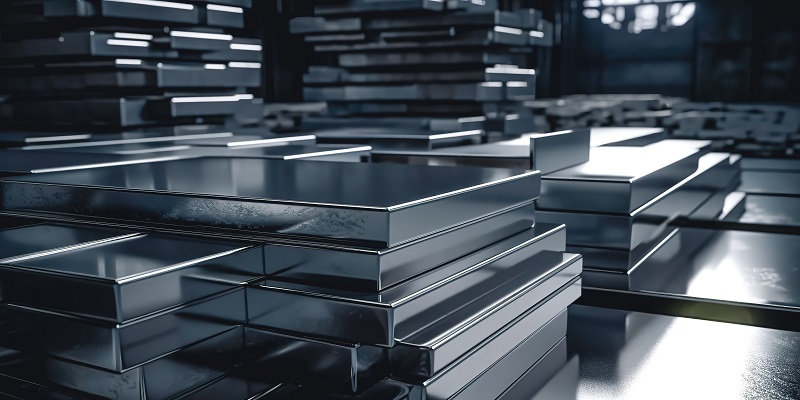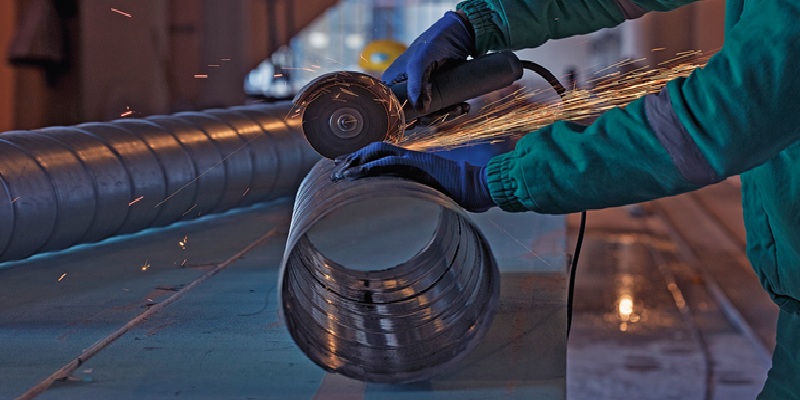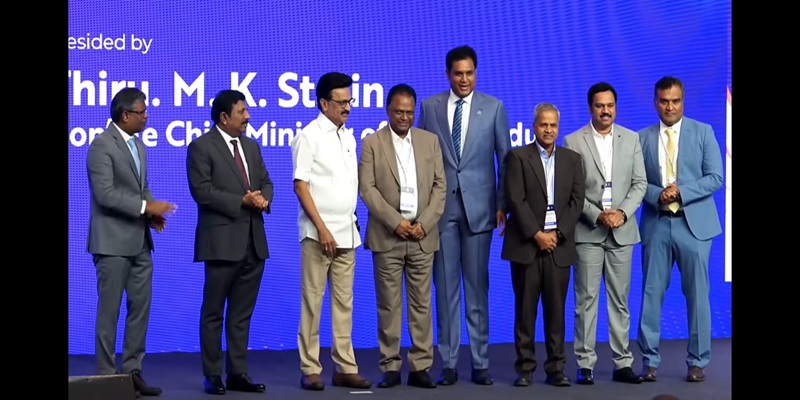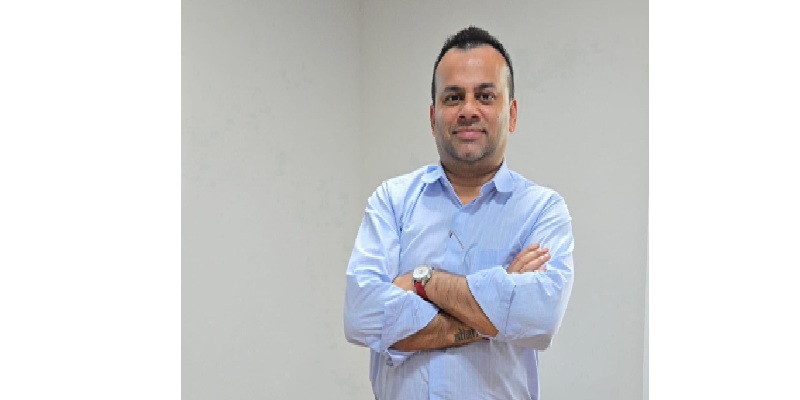Schedule a Call Back
Green Steel firms poised for growth as EU carbon tariffs approach
 Industry News
Industry News- Nov 12,24

Related Stories

India–EU FTA: Gains on Paper, Tests on the Ground
The India–EU Free Trade Agreement expands market access across goods, services and mobility, but its impact will hinge on regulatory alignment, carbon costs and execution, writes Rakesh Rao.
Read more
Why Electronic Components Are Central to India’s Electronics Ambitions
India’s electronics push is shifting decisively from assembly to components, backed by the Union budget's higher ECMS outlay and ISM 2.0 to deepen value addition and resilience. The promise is rea..
Read more
Resilience in Metal: Forging the Make in India Future in a VUCA World
The article examines how India’s stainless steel sector can turn global volatility, CBAM and supply risks into strategic advantages through sustainability, quality enforcement and digital transfor..
Read more













